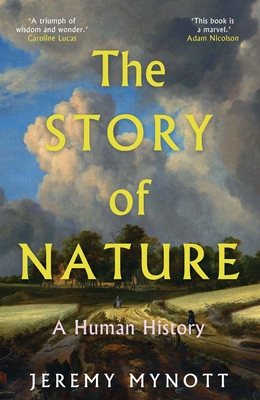
Denworth, Lydia
The phenomenon of friendship is universal and elemental. Friends, after all, are the family we choose. But what makes these bonds not just pleasant but essential, and how do they affect our bodies and our minds?
In Friendship, science journalist Lydia Denworth takes us in search of friendship's biological, psychological, and evolutionary foundations. She finds friendship to be as old as early life on the African savannas--when tribes of people grew large enough for individuals to seek fulfillment of their social needs outside their immediate families. Denworth sees this urge to connect reflected in primates, too, taking us to a monkey sanctuary in Puerto Rico and a baboon colony in Kenya to examine social bonds that offer insight into our own. She meets scientists at the frontiers of brain and genetics research and discovers that friendship is reflected in our brain waves, our genomes, and our cardiovascular and immune systems; its opposite, loneliness, can kill. At long last, social connection is recognized as critical to wellness and longevity.
With insight and warmth, Denworth weaves past and present, field biology and neuroscience, to show how our bodies and minds are designed for friendship across life stages, the processes by which healthy social bonds are developed and maintained, and how friendship is changing in the age of social media. Blending compelling science, storytelling, and a grand evolutionary perspective, Denworth delineates the essential role that cooperation and companionship play in creating human (and nonhuman) societies.
Friendship illuminates the vital aspects of friendship, both visible and invisible, and offers a refreshingly optimistic vision of human nature. It is a clarion call for putting positive relationships at the center of our lives.







